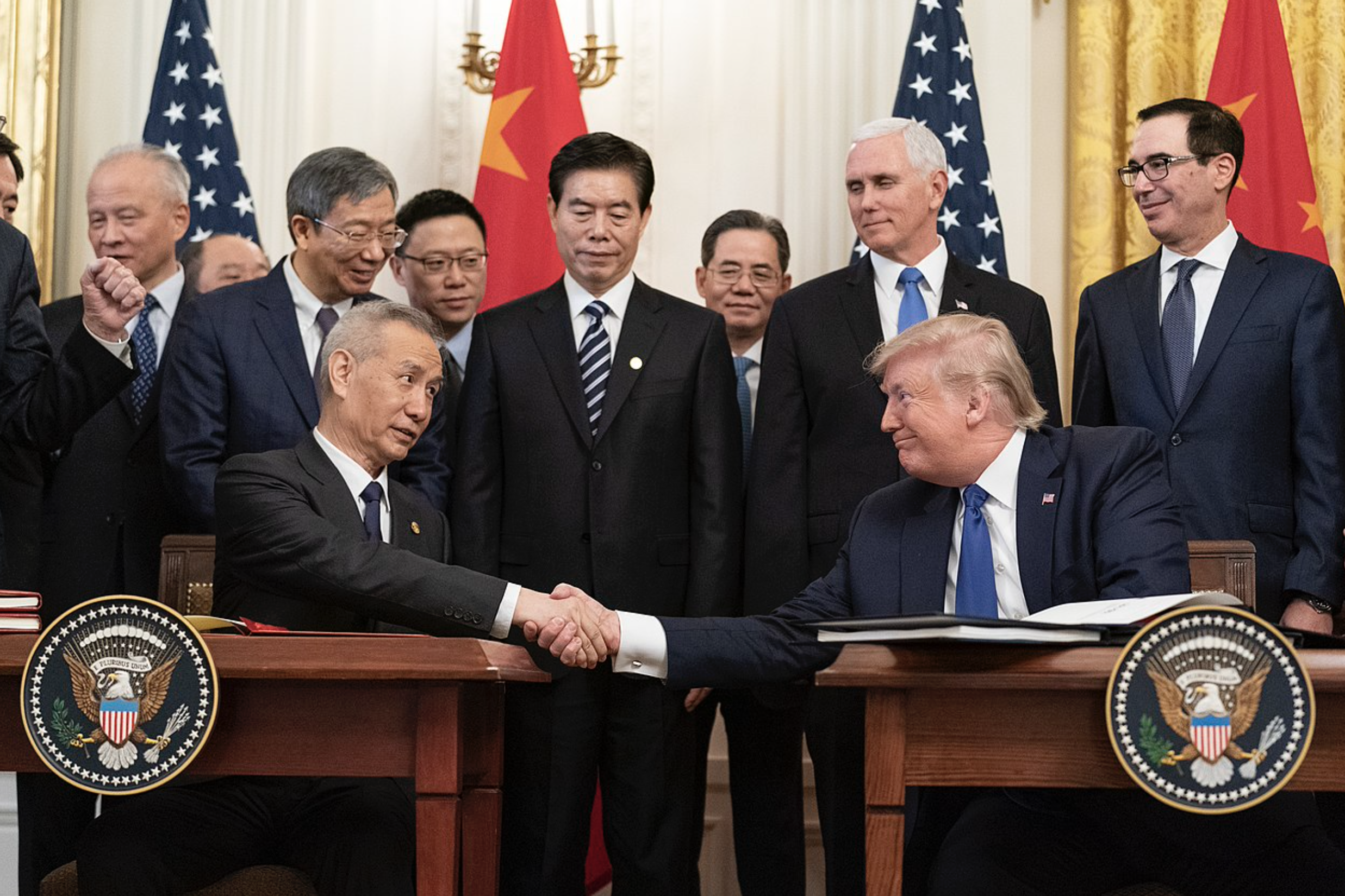The American Chamber of Commerce in Southwest China said this week that it has been ordered by the Chinese government to end its operations in the southwestern city of Chengdu.
The chamber notified its members on Monday that it would have to shut its doors to comply with Chinese regulations and was no longer permitted to operate in the region. Reuters reported that an official with the U.S. State Department was urging Chinese officials to work with the organization to resolve any issues.
“This closure is only the latest example of how the PRC's opaque, arbitrary regulatory environment is contributing to an investment climate that is increasingly hostile toward foreign businesses,” the official told Reuters while identifying the nation using the acronym for the People's Republic of China.
The AmCham Southwest website remained down on Friday, though chamber Chairman Benjamin Wang told Bloomberg via a social media site earlier this week that the organization was working with the government “to solve the issue” of the closed office. Last year, the government ordered the U.S. consulate in the city to close after the U.S. ordered China’s diplomatic office in Houston to close. Amid these growing tensions, Qin Gang, China’s ambassador to the U.S., spoke at a media briefing and offered some stern warnings, according to Politico.
“Now the China-US relationship has come to another historical juncture, and it faces a very severe situation,” he said, according to a transcript of a keynote speech at the National Committee on U.S.-China Relations board of directors. “The extreme China policy of the previous U.S. administration has caused serious damage to our relations, and such a situation has not changed. It is even continuing.”
Former President Donald Trump instituted several rounds of tariffs against Chinese goods that had a negative impact on relations between the countries. CNBC reported that Frank Lavin, a former undersecretary of commerce for international trade, supports a mutual reduction in tariffs to thaw relations between the countries with the two largest economies in the world.
“I would say don’t step away from the issue; there’s some serious trade issues there, and I think a lot of President Trump’s criticisms were valid so don’t drop that agenda,” Lavin told CNBC. “But I do think that in the same breath, it would be wise to remove the tariffs because the tariffs hurt American businesses, American consumers, American workers just as they hurt the Chinese economy.”
The Biden administration has signaled that it will continue to be tough on China, according to CNBC. Meanwhile, groups like the American Chamber of Commerce are seemingly caught in the crossfire.
The American Chamber of Commerce in Southwest China, according to Reuters, promotes trade between the U.S. and the region. However, China’s Ministry of Civil Affairs seemed to be cracking down on the Chengdu office, claiming countries can have just one chamber office in the country, according to Reuters.
Reuters also reported that the Chengdu office is not linked to the American Chamber of Commerce in China, which is based in Beijing. It also has sites in several other Chinese cities, according to the news outlet.

